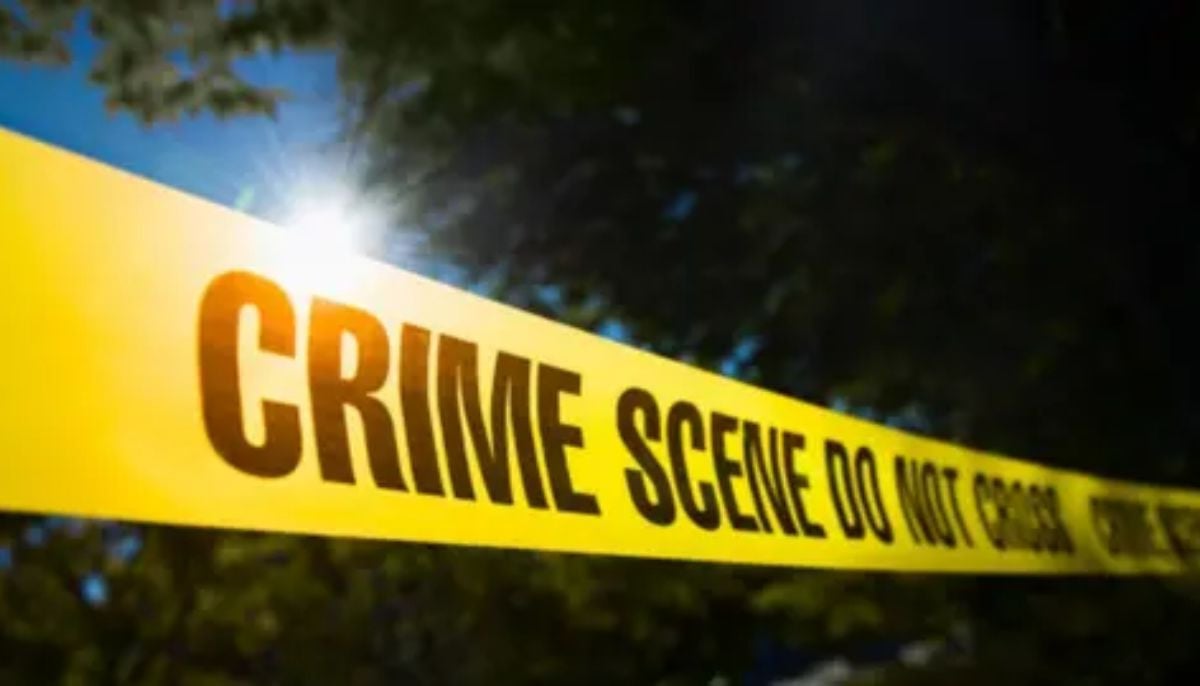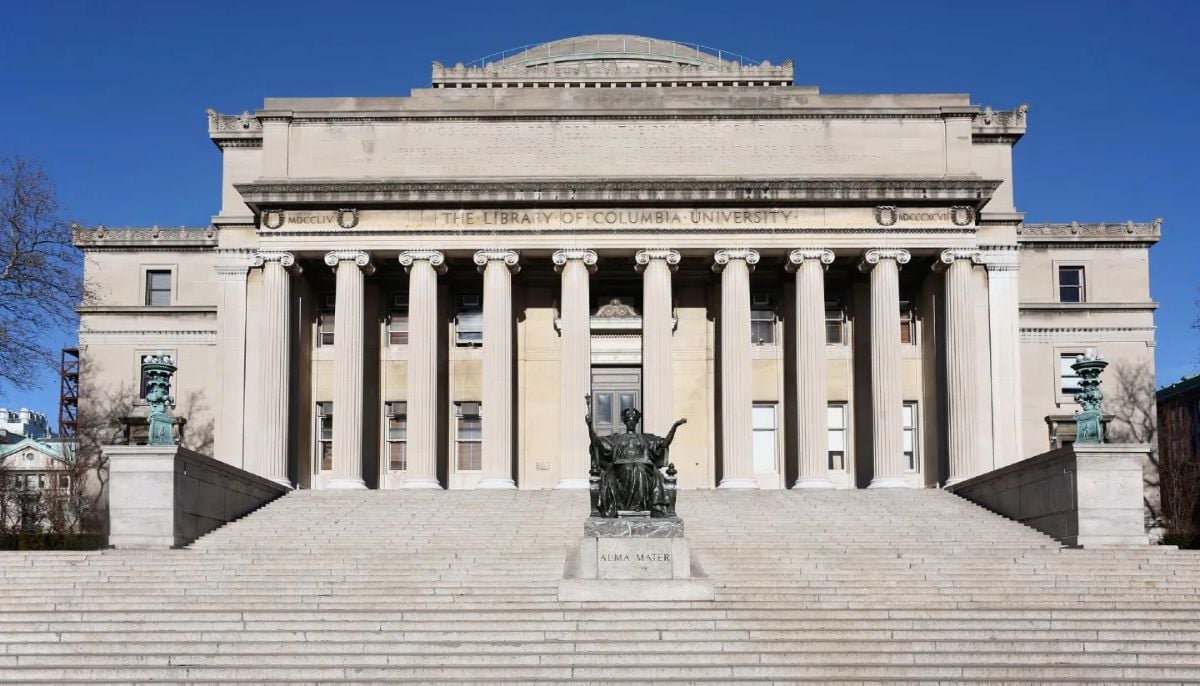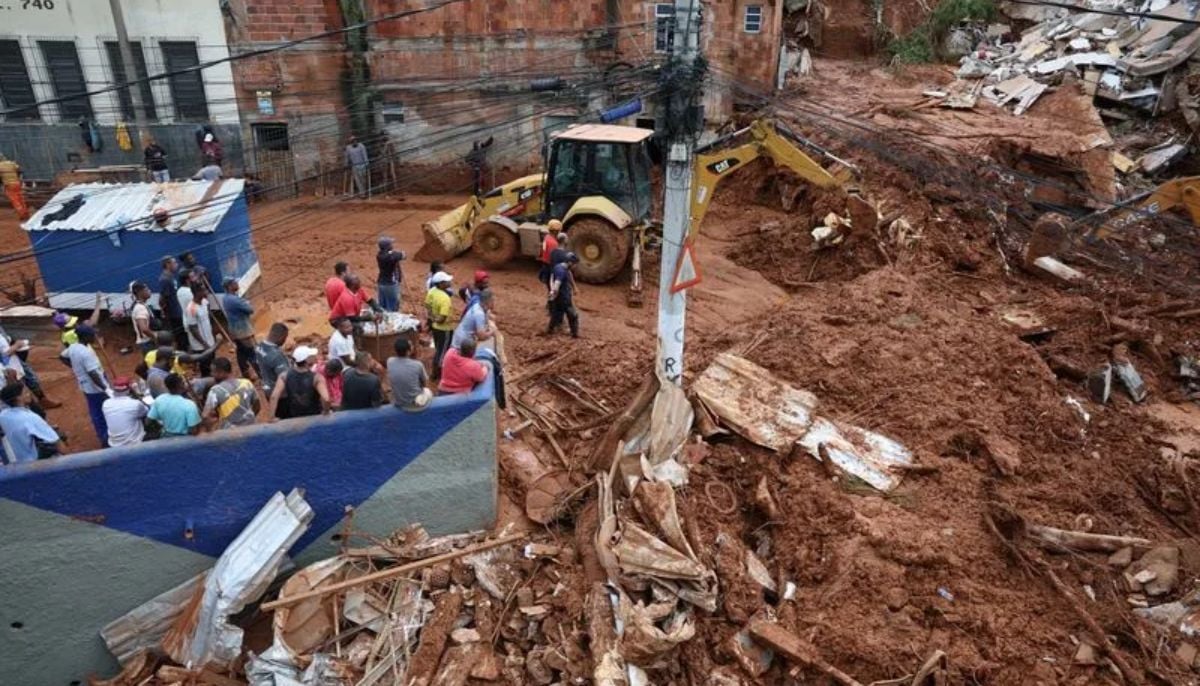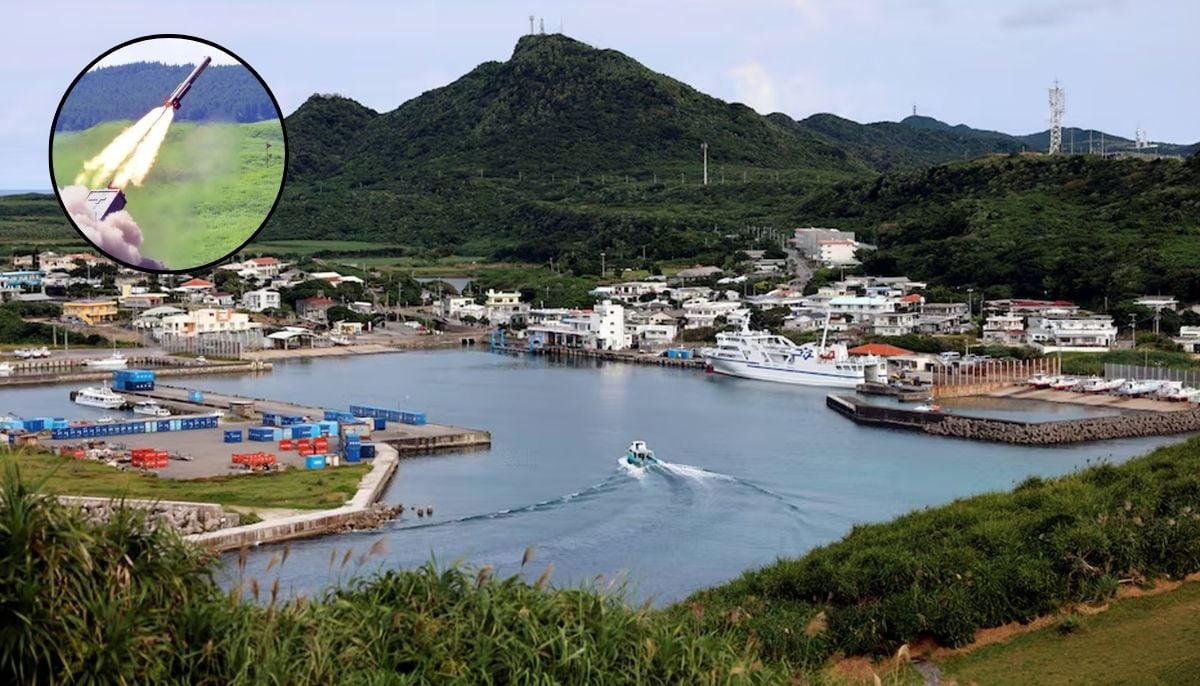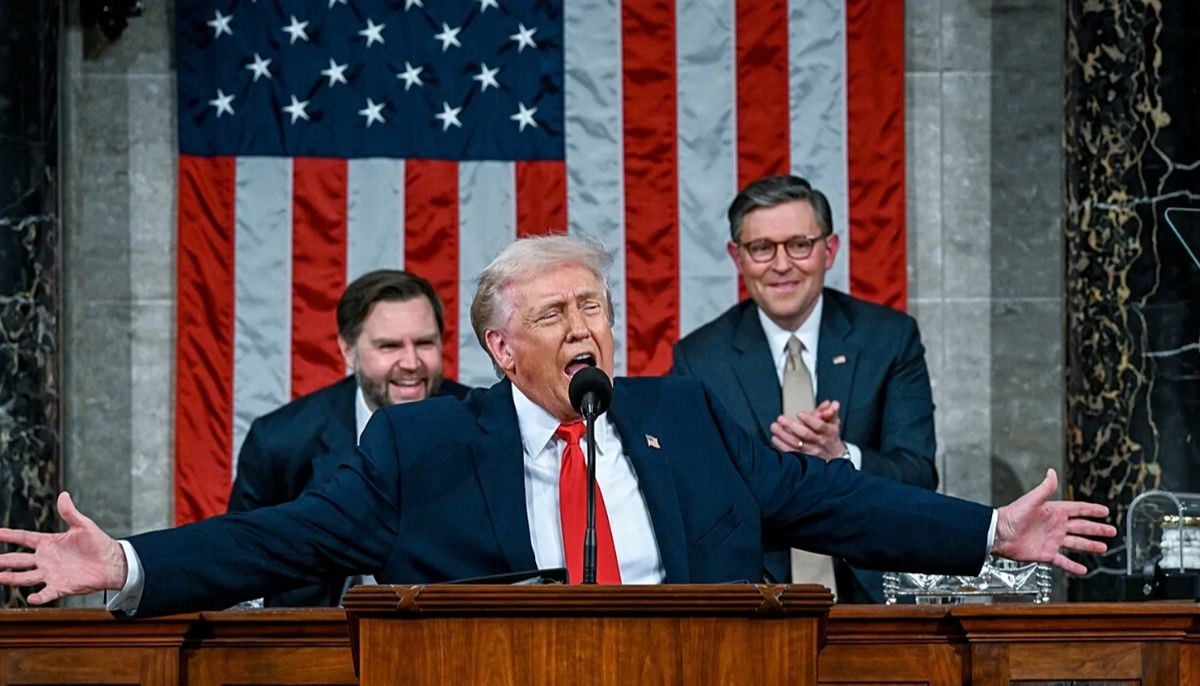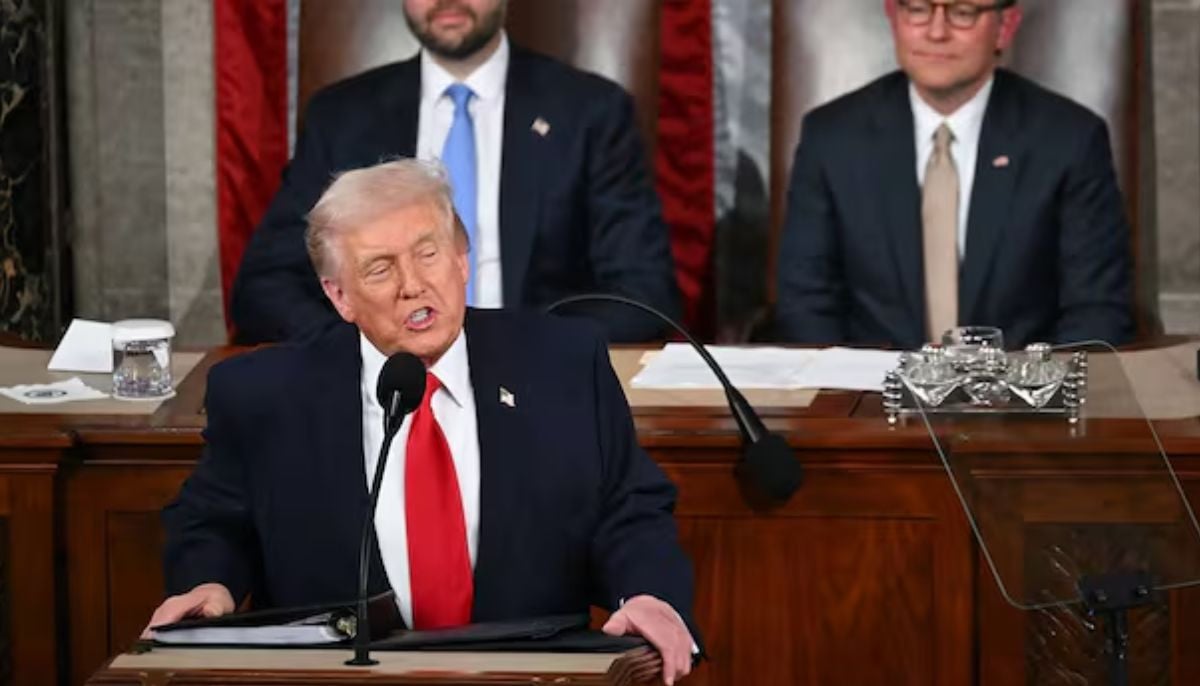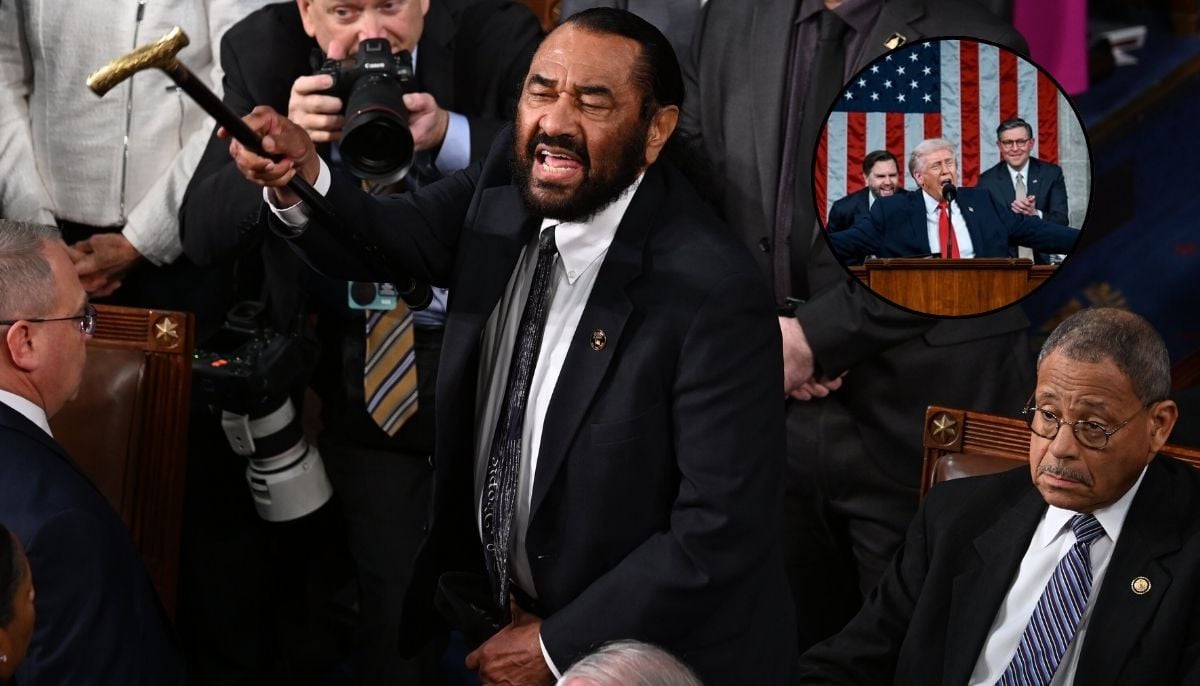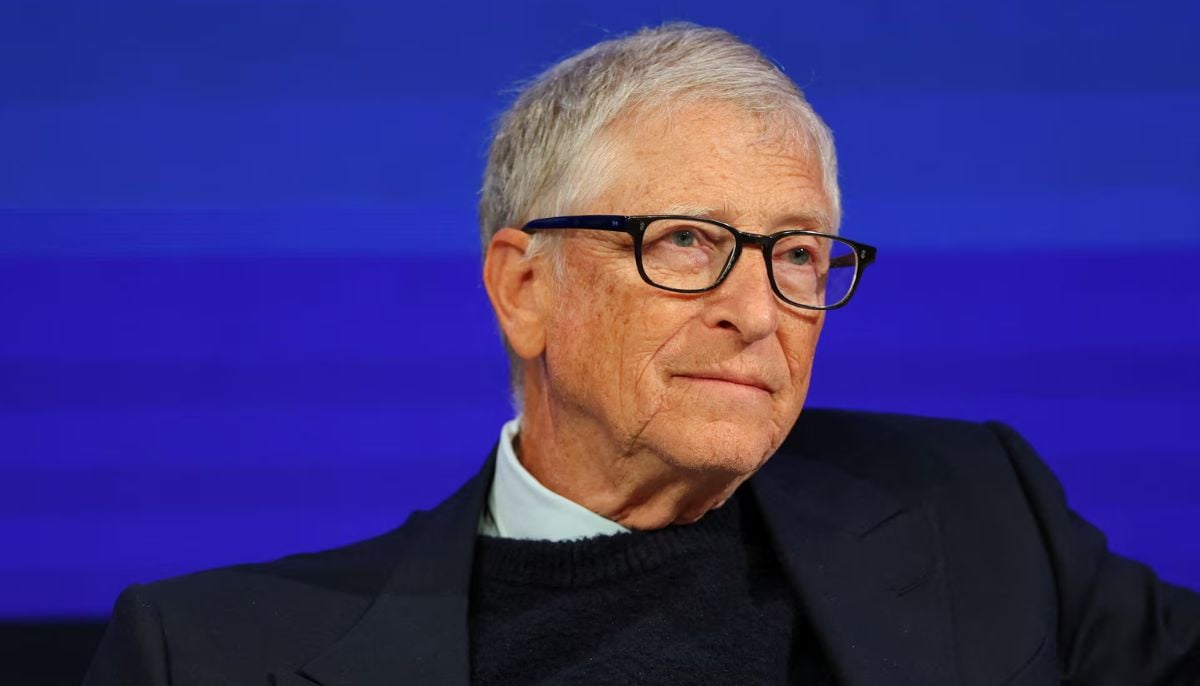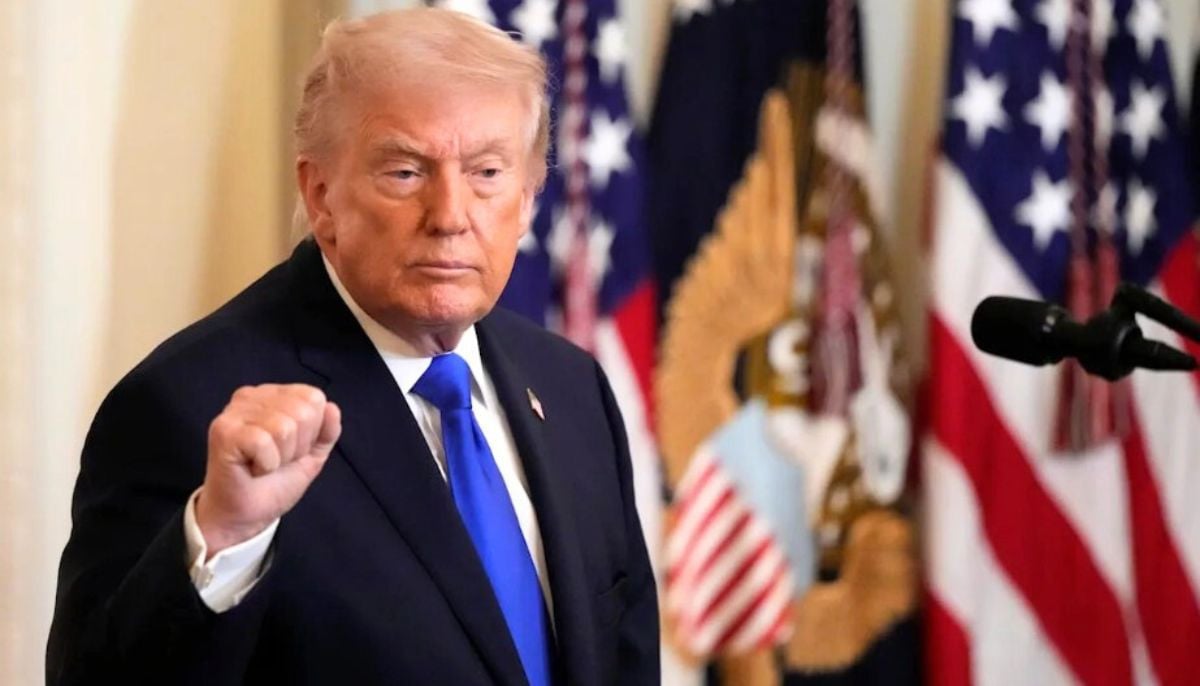Inside Hamas's labyrinth of tactical tunnels under Gaza — a sure deathtrap for Israel
According to Hamas, tunnels are a means to blunt some of Israel's military advantages, which include its overwhelming aerial and armoured dominance
Hamas has several types of tunnels extending beneath the sandy 360 square kilometre coastal strip and its boundaries, including attack, smuggling, storage, and operational burrows, as per the Western and Middle Eastern sources acquainted with the situation.
According to an American official, Israel's special forces will confront an unprecedented task as they fight Hamas and attempt to save captives kept underground.
US Defence Secretary Lloyd Austin noted that Israel will likely face "a lot of IEDs (improvised explosive devices), a lot of booby traps, and just a really grinding activity" compared to Iraq's nine-month battle to retake Mosul from Daesh.
Israel is believed to still have operational tunnels leading to the outside world, despite significant investments in tunnel detection technology, including the installation of an underground barrier known as the "iron wall" that is sensor-equipped.
After the last round of hostilities in 2021, Hamas's leader in Gaza, Yehya Al-Sinwar, said, "They started saying they destroyed 100kms of Hamas tunnels. I am telling you, the tunnels we have in the Gaza Strip exceed 500kms. Even if their narrative is true, they only destroyed 20% of the tunnels."
Hostage witness
The statement made by Sinwar, who is said to be hiding underground in anticipation of an expected Israeli ground attack, has not been verified.
Despite the fact that the blockaded coastline strip is just 40 km (25 miles) long, security analysts generally accept the notion of hundreds of kilometres.
Given that Israel controls all air and sea access to Gaza as well as 59 of its 72 km of land borders, with Egypt 13 km to the south, tunnels represent one of the few remaining avenues for Hamas to smuggle in supplies, personnel, and weapons.
While it and other Palestinian groups are secretive about their networks, they recently released Israeli hostage, 85-year-old Yocheved Lifshitz, who said, "It looked like a spider's web, many, many tunnels," adding: "We walked kilometres under the ground."
According to Hamas, tunnels are a means to blunt some of Israel's military advantages, which include its overwhelming aerial and armoured dominance, by making Israel's soldiers go underground in confined areas that are familiar to Hamas.
An Israeli military spokesperson said on Thursday, "I won't elaborate on the number of kilometres of tunnels but it is a high number, built under schools and residential areas."
Mahmoud Abbas, the President of Palestine, has demanded that the UN Security Council step in and push for "a political solution instead of military and security solutions" and an immediate end to "aggression" against Gaza.
Underground city
According to Israeli security officials, Hamas navy commandos were able to mount a seaborne operation this week against coastal communities close to Gaza, despite Israel's intensive aerial bombing causing little damage to the tunnel equipment.
"Although we have been attacking massively for days and days, the (Hamas) leadership is pretty much intact, as is the ability to command and control, the ability even to try and launch counterattacks," said Amir Avivi, a former brigadier general whose senior positions in the Israeli military included deputy commander of the Gaza division, tasked with tackling tunnels.
"There is a whole city all over Gaza underneath with depths of 40-50 metres. There are bunkers and headquarters and storage and of course they are connected to more than a thousand rocket launching positions."
Up to 80 metres were estimated by some sources.
One Western security source said, "They run for miles. They are made of concrete and very well made. Think of the Viet Cong times 10. They have had years and lots of money with which to work with."
According to a different security source from a neighbouring country of Israel, Hamas's tunnels from Egypt are still in use.
"The supply chain is still intact these days. The network involved in facilitating co-ordination are some Egyptian military officers. It is unclear if there is knowledge of this by the Egyptian army," he said.
Two security sources and a trader in the Egyptian city of El Arish said that a few narrower, deeper smuggling tunnels continued to run between Egypt and Gaza until recently, but that since the beginning of the Israel-Hamas war, they had nearly stopped.
A request for comment was not immediately answered by Egyptian officials. The army's job is to secure Egypt's borders, according to Egyptian President Abdel Fattah al-Sisi, who made this statement on Wednesday while touring military facilities in Suez.
Long game
Established in Gaza in 1987, Hamas is believed to have started tunnel construction in the middle of the 1990s after Israel gave Yasser Arafat's Palestine Liberation Organisation some measure of autonomy in Gaza.
A major factor in Hamas's superiority in Gaza over the Israeli-occupied West Bank is the tunnel network, which makes it more difficult for anything to enter from Jordan due to Israeli settlements, military outposts, and surveillance equipment.
After Israel evacuated its settlers and soldiers from Gaza in 2005 and Hamas won an election in 2006, tunnelling became less difficult.
Soon after, Gilad Shalit was taken prisoner by Hamas's military arm, the Izz el-Deen al-Qassam Brigades, who had dug 600 metres to raid the Kerem Shalom base on the Gaza border. They also killed two other Israeli soldiers.
A year later, Hamas launched a military operation against the forces of Mahmoud Abbas, Arafat's PLO successor, using tunnels in Gaza.
Even though the military tunnels were still closed to the public, during that time Gaza smugglers would proudly display their barely hidden commercial tunnels beneath the Rafah border.
These were hollowed-out petrol barrels that were about three feet (one metre) wide and pulled loads along the sandy tunnel floors using winch motors.
According to Abu Qusay, a Rafah tunnel operator, excavating a half-mile tunnel might take three to six months and result in daily profits of up to $100,000. The most profitable commodity was ammunition, which sold for more than $6 in Gaza after being purchased for under $1 each in Egypt. He added that in Egypt, a Kalashnikov weapon cost $800, but it sold for double that much.
It is believed that the military wing used a tunnel from Egypt to enter Gaza in 2007 with its commander, Mohammed Deif. The horrific Oct. 7 attack on Israel by Hamas, which resulted in 1,400 deaths and the kidnapping of hostages, was masterminded by Deif.
Tunnel hunting
Professor Joel Roskin, a geomorphologist and geologist at Bar-Ilan University in Israel, said that it was challenging to precisely map the tunnel network from the ground or space and that 3D mapping and the visualisation of data required highly classified information.
The elite Yahalom commandos, also referred to as the "weasels" from Israel's Combat Engineering Corps, are among the groups charged with venturing underground. Their speciality lies in locating, clearing, and demolishing tunnels.
Earlier this week Israeli Prime Minister Benjamin Netanyahu visited Yahalom fighters, telling them: "I rely on you, the people of Israel rely on you."
According to Israeli officials, they have a tough opponent that has regrouped and gained knowledge from Israeli operations in 2014 and 2021.
"There are going to be a lot of booby traps. They have thermobaric weapons that they didn't have in 2021, which are more lethal. And I believe they acquired a lot of anti-tank weapon systems that are going to try to hit our APCs (armoured personnel carriers), tanks," said Amnon Sofrin, a former brigadier general and former commander of the Combat Intelligence Corps.
Sofrin, a former head of Israel's Mossad spy agency's intelligence division, predicted that Hamas will also attempt to kidnap soldiers.
The battles in Syria and Iraq, according to Daphne Richemond-Barak, a professor at Israel's Reichman University and author of the book Underground Warfare, have altered the situation.
"What the IDF (Israeli military) is likely to face inside the tunnels is also all of the experience and all of the knowledge that has been gained by groups like ISIS (Islamic State) and has been ... passed on to Hamas."
-
At least 30 dead after heavy rains hit southeastern Brazil, 39 missing
-
Japan plans missile deployment near Taiwan by 2031 amid growing regional tensions
-
Trump delivers longest State of Union address in history: Inside key details on economy, security and global strategy
-
Trump’s 2026 State of Union address: Inside key takeaways, major policy shifts & top announcements
-
Rep. Al Green removed from House chamber during Trump’s State of Union address: Here’s what happened
-
Bill Gates breaks silence on Epstein links, ‘took responsibility for his actions’ during town hall meeting
-
President Donald Trump delivers the traditional State of the Union address to Congress
-
Australia: Bomb threat behind evacuation of PM Anthony Albanese linked to Chinese dance group




